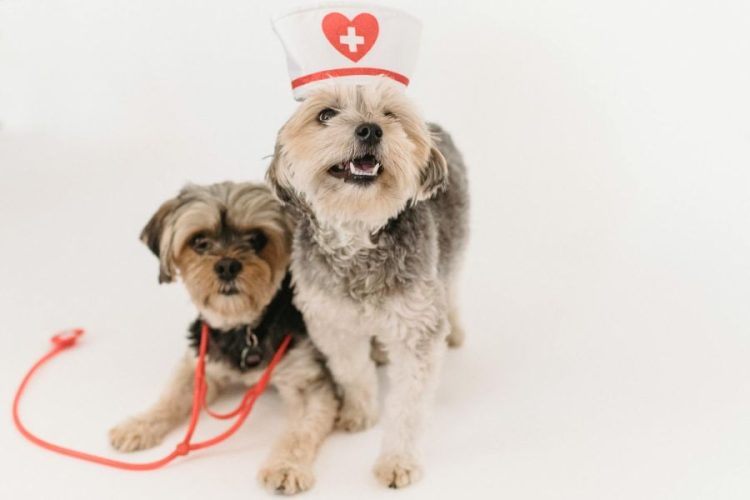Key Things You Need To Consider If You Plan To Open A Veterinary Practice

Categories :
If you're a veterinarian with a passion for animals, you might be teetering on the brink of a significant career move – opening your veterinary practice. This is an exciting venture, but it’s not without its complexities. Beyond the joy of providing care for our beloved companions, there’s a plethora of practical considerations to ensure your practice is set up for success. One often-overlooked element is the selection of scales – essential equipment that impacts various aspects of your clinic’s functionality. Here, we guide you through the key considerations and top tips for selecting scales that are not only accurate and reliable but also tailored to the unique needs of a veterinary setting.
Why Weight Matters
In a veterinary practice, scales are no trifling matter – quite literally. They are crucial for a wide range of services, from routine check-ups where weight is a barometer of an animal's health, to the administration of medications where dosage depends on weight, to specialized care that requires highly accurate measurements. The welfare of your patients, financial management, and the efficiency of your operations all hinge upon this seemingly humble piece of equipment. Choosing the right scales is about more than just quantity; it's about quality and relevance to veterinary practice.
The Heavy Fields
Weighing scales come in various types, each designed for specific needs. For a veterinary practice, it’s not uncommon to have to weigh a fully-grown mastiff one minute and a delicate chihuahua the next. Implementing the right scales means being able to handle this weight range without a hitch. Weighing equipment should be sturdy and calibrated for veterinary use to guarantee precision across various animal sizes. Consider investing in robust platforms with non-skid surfaces to ensure safety and comfort for your furry patients.
Sensitive Scales
Accuracy in measurements can be a matter of life and death when it comes to administering medications in veterinary medicine. Scales should be sensitive enough to measure tiny increments for small animals as well as significant weight changes.
Modern scales come equipped with features that can be particularly advantageous, such as dynamic weighing capabilities in which the scale displays a stable weight even as the animal moves. This is crucial for ensuring measurements aren’t skewed by animal restlessness.
Going Mobile
In some cases, it's not just about a scale’s accuracy or sensitivity; it's about the scale's mobility. Some veterinary practices might need a portable solution for certain procedures or when dealing with larger animals that cannot be easily transported.
Consider equipment with built-in wheels, or even wireless options that allow for remote displays, making it easier for you to provide care efficiently, regardless of the patient or procedure you're dealing with at the moment.
Specialty Scales
There are specific scales tailored for surgeries or those that measure in a cradled position, ideal for newborn animals or pets that need extra care. Specialty scales are an investment in the precision and efficiency of the most sensitive procedures within your veterinary practice.
Investing in scales designed for such specialized tasks may seem like splurging, but they will eventually pay for themselves in terms of reliable measurements and the professional image they help to project.
Get Weighing Equipment
When opening a veterinary practice, understanding the importance of weighing equipment is crucial. As Central Carolina scale experts explain, there are industrial scales like heavy capacity truck scales to the most accurate lab balances and parts counting scales available. Each scale serves a different purpose and choosing the right one is essential to the smooth operation of a veterinary clinic.
Work with the Pros
Deciding on the right set of scales isn’t a task to be taken lightly. It’s a good idea to consult with professionals who specialize in veterinary equipment. Collaborating with these experts can provide valuable insights into industry best practices and save you from making costly mistakes.
These professionals can not only recommend the best scales for your practice but can also guide you on the calibration and maintenance of your equipment, ensuring it remains in peak condition, and offering accurate measurements for years to come.
Compatibility and Integration
In today’s digital world, the seamless integration of equipment can be a real game-changer. Look for scales that can easily interface with your practice management software for direct data capture, to further cut down on human error, and streamline your workflow.
Compatibility between different equipment can open up opportunities for automation, allowing you to focus on what you do best – caring for the animals – while the tech takes care of the administrative load.









